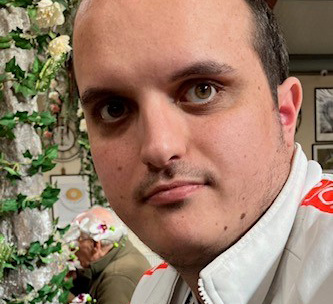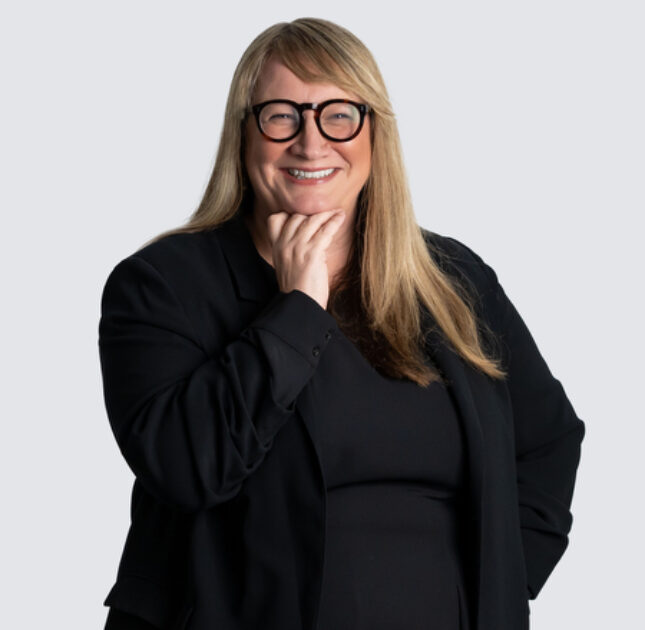Kirsty John, Chartered Legal Executive in our Nursing Care Team successfully reclaimed care fees for a disabled client who was eligible for NHS Continuing Healthcare Funding since he was 18, and remains eligible for NHS Continuing Healthcare Funding for his future care.

At the age of 11, Harry O’Neill was diagnosed with autism. Harry presents with learning difficulties, epilepsy, bilateral optic nerve glioma and neurofibromatosis type 1. Owing to his health needs, he has extremely high levels of agitation and anxiety which present through extremely challenging behaviour, including verbal and physical aggression. Due to the extent of Harry’s challenging behaviour, he can often require high levels of intervention from multiple members of staff using various management techniques.
Due to the severity of his challenging behaviour a number of care placements had previously broken down. Due to his extensive needs Harry requires ongoing one to one or two to one supervision and input from the Mental Health Team. Due to epilepsy Harry regularly suffers from seizure activity, which varies in presentation. Seizures can present as very short episodes lasting only a few seconds to lasting for a few minutes. Owing to these seizures Harry is at risk of falling at any time whether in the home or out in the community placing him at risk of harm. This risk of harm is increased owing to Harry’s lack of understanding of his care needs and his environment.
Prior to our instruction, Harry’s mum and dad, Tracy and John O’Neill had endured a challenging process with Arden and GEM Commissioning Support Unit and Coventry and Warwickshire Integrated Care Board, which involved multiple assessments in 2017,2018 and 2019 for NHS Continuing Healthcare Funding, all of which determined that despite Harry’s high and complex needs, he was not eligible for funding. Tracy and John were unhappy with the procedure followed at the time of each assessment and the application of the test for eligibility for funding.
After years of challenging the ICB over its decisions, in 2022, Tracy and John felt they had no option but to seek legal support to make sure their son received the funding he was entitled to. The family instructed Hugh James to appeal three previous assessments and secure ongoing funding. Hugh James engaged in three Local Resolution Meetings to discuss the appeal of each assessment. Following the Local Resolution Meeting in relation to a 2019 assessment, it was decided that the original ICB decision was unsound and was overturned which meant the NHS were responsible for Harry’s ongoing care cost and to reimburse all care fees paid from 2019. However, the decisions remained unchanged for the earlier 2017 and 2018 assessments. We appealed the 2017 and 2018 through NHS England’s Independent Review Panel process and successfully overturned the decision that Harry was not eligible for funding.
As a result of the successful appeals, it has now been accepted Harry was eligible for NHS Continuing Healthcare Funding since he was 18 and remains eligible for NHS Continuing Healthcare Funding for his future care.
Tracy has provided the following statement in relation to her experience of securing NHS Continuing Healthcare for Harry:
“The first assessment was carried out by Arden and Greater East Midlands Commissioning Support Unit. However, due to the poor quality of the review assessment the matter was referred back to the Integrated Care Board (then Clinical Commissioning Group) for any further work. I made many attempts to get answers over how the assessments had been carried out, and to understand why levels of need had been altered without agreement or notification following their completion. I wanted to try and understand what had happened. However, answers were not forthcoming, despite our escalation of the case, including the submission of a formal complaint and contact with the Accountable Officer and Chief Nursing Officer.
The whole process took seven years and much time, work and stress and in the meantime we had to manage many issues over our son’s care and safety, including a wrongful conviction, Dols failure and care home failings, all happening under social services’ apparent oversight. We now feel that the CHC status will help our son by most importantly giving health oversight and a better understanding of his complex needs and we feel more confident that he will be kept safe and secure in the future, but we will stay vigilant.
We are very grateful to Kirsty John and the Nursing Care team for the enormous help they have provided and the extensive understanding of the process and grasp of Harry’s case which Kirsty brought to the process. She was always approachable, knowledgeable, and efficient and we are very thankful to her for her hard work and professionalism in managing these three overlapping appeals which at times threatened to overwhelm and confuse us. We feel that the seven years we endured in the process should never have been necessary and there must now be transparency and openness for families to navigate the system. We are now hoping to work with health and social care to improve things for other families caught up in the CHC system and have contacted local health and social care accordingly. We are now both looking forward to concentrating on our son and making sure he is well cared for.”



